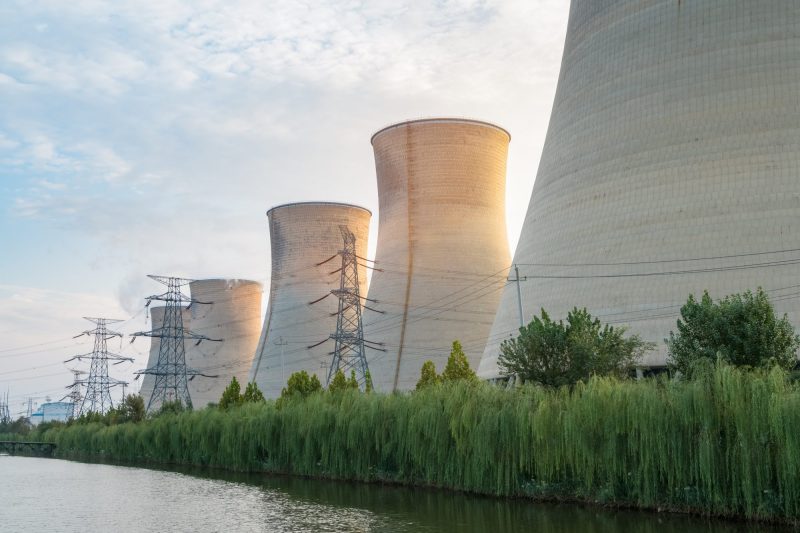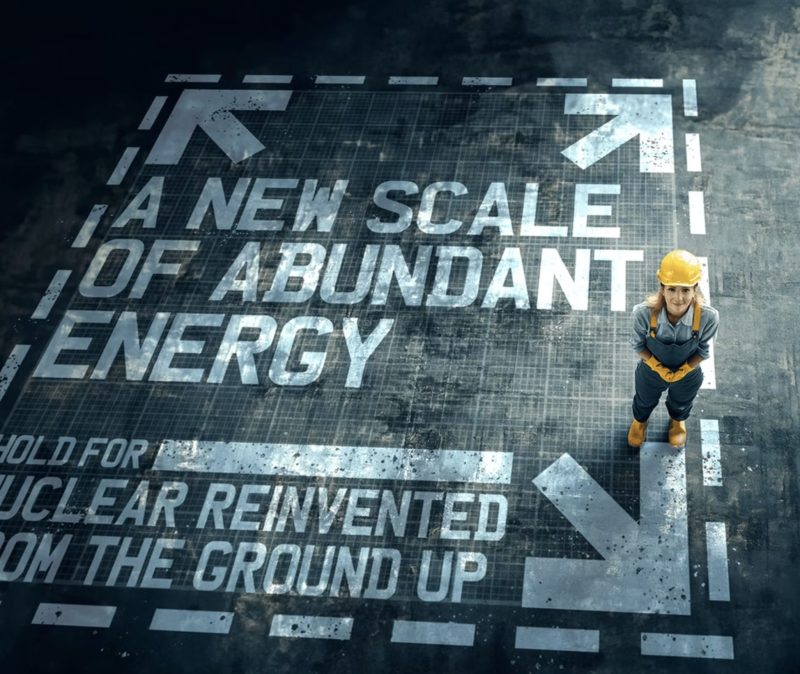One option being considered by the government would reduce the country’s dependence on nuclear power to 20 to 25 percent of electrical needs by 2030
By Hiroko Tabuchi
TOKYO — As Japan moves to cut back on nuclear power after last year’s disaster in Fukushima, it is running into a harsh economic reality: the cost of immediately abandoning its nuclear reactors may be too high for some big utilities to shoulder.
Protesters during an antinuclear rally last week near the prime minister’s office in Tokyo.
If the country’s 50 nuclear reactors were permanently closed this year, power companies would be hit with losses totaling 4.4 trillion yen ($55.9 billion), rendering at least four of them insolvent, according to calculations this summer by the government’s Agency for Natural Resources and Energy.
The extraordinary costs of an immediate shutdown have emerged as a major concern for the Japanese government, which has struggled to balance the desire for improved nuclear safety with the bottom-line realities of the big utilities. Nuclear plants generated about one-third of Japan’s electricity before the Fukushima accident, but most remain at least temporarily offline.
“People talk easily about shutting down Japan’s nuclear power plants, but the economic and financial consequences are severe,” said Reiji Takeishi, professor in environmental economics at Tokyo International University.
The government is now considering at least three options to reduce the country’s dependence on nuclear power — and all of them would give the power companies until 2030 to shut their reactors permanently, allowing them to largely recoup their plant investments. By 2030 the majority of reactors would be older than 40 years and would face decommissioning anyway under Japanese guidelines.








